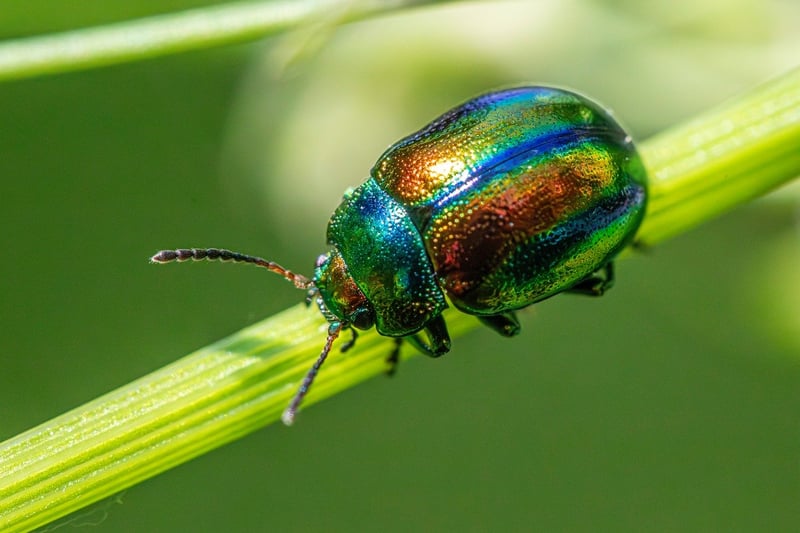Pest Control Strategies
Ensure Your Plants Thrive with Expert Care Advice + Pest Control Strategies
Introduction
Plants are a wonderful addition to any living space, bringing freshness and beauty to your surroundings. To ensure your plants thrive, it's essential to provide them with the right care and protect them from pests. In this guide, we will provide you with expert care advice and effective pest control strategies to keep your plants healthy and vibrant.
Expert Care Advice
Proper care is crucial for the health and growth of your plants. Here are some expert tips to help your plants thrive:
1. Light
Ensure your plants receive adequate light based on their specific requirements. Some plants thrive in bright, direct sunlight, while others prefer indirect light. Place your plants accordingly to promote healthy growth.
2. Watering
Overwatering or underwatering can be detrimental to your plants. Water your plants according to their individual needs. Check the soil moisture level before watering and avoid waterlogging, which can lead to root rot.
3. Soil
Choose the right type of soil for your plants. Different plants have varying soil preferences, such as well-draining soil for succulents and cacti. Ensure good soil aeration to promote healthy root growth.
4. Temperature
Maintain an optimal temperature range for your plants. Sudden temperature fluctuations can stress your plants. Be mindful of drafty areas and protect your plants during extreme weather conditions.
Pest Control Strategies
Preventing and managing pests is essential to safeguard your plants. Here are some effective pest control strategies:
1. Inspect Regularly
Regularly inspect your plants for signs of pest infestation. Look for chewed leaves, discoloration, or webbing. Early detection can help prevent pests from spreading.
2. Natural Predators
Introduce beneficial insects like ladybugs or lacewings to control pest populations naturally. These predators can help keep common pests in check without the need for chemical interventions.
3. Neem Oil
Use neem oil, a natural insecticide, to control pests like aphids, mealybugs, and spider mites. Dilute the neem oil as per instructions and apply it to affected plants to deter pests.
4. Quarantine Infected Plants
If you notice pest infestation on a plant, isolate it from other plants to prevent the spread of pests. Treat the infected plant separately to avoid contaminating your entire plant collection.
Conclusion
By following expert care advice and implementing effective pest control strategies, you can ensure that your plants remain healthy and vibrant. Remember to provide your plants with the right conditions for growth and promptly address any pest issues to enjoy a thriving indoor garden.
Keep nurturing your plants with care and attention to create a green oasis in your home!

Image source: Pixabay
